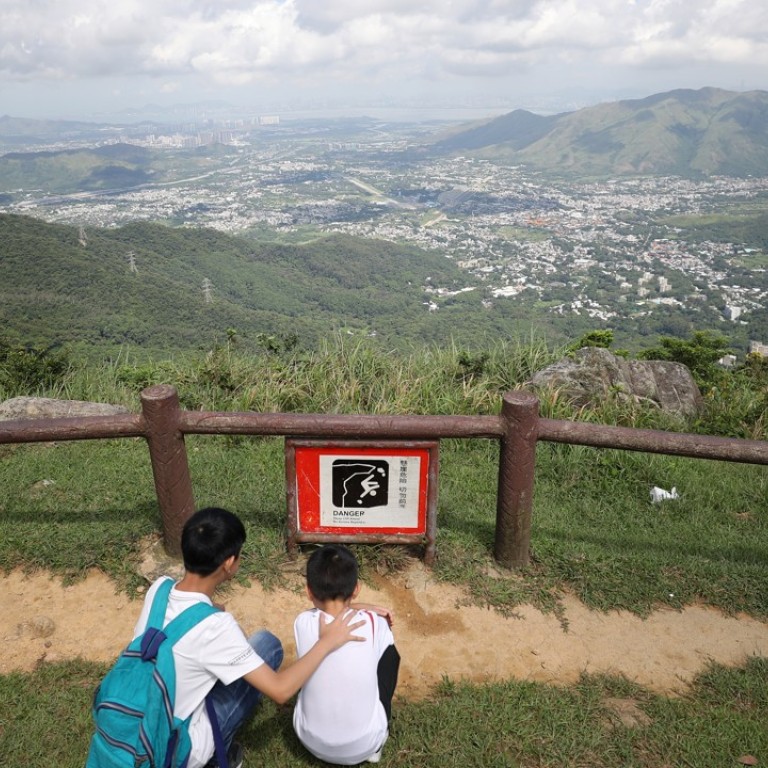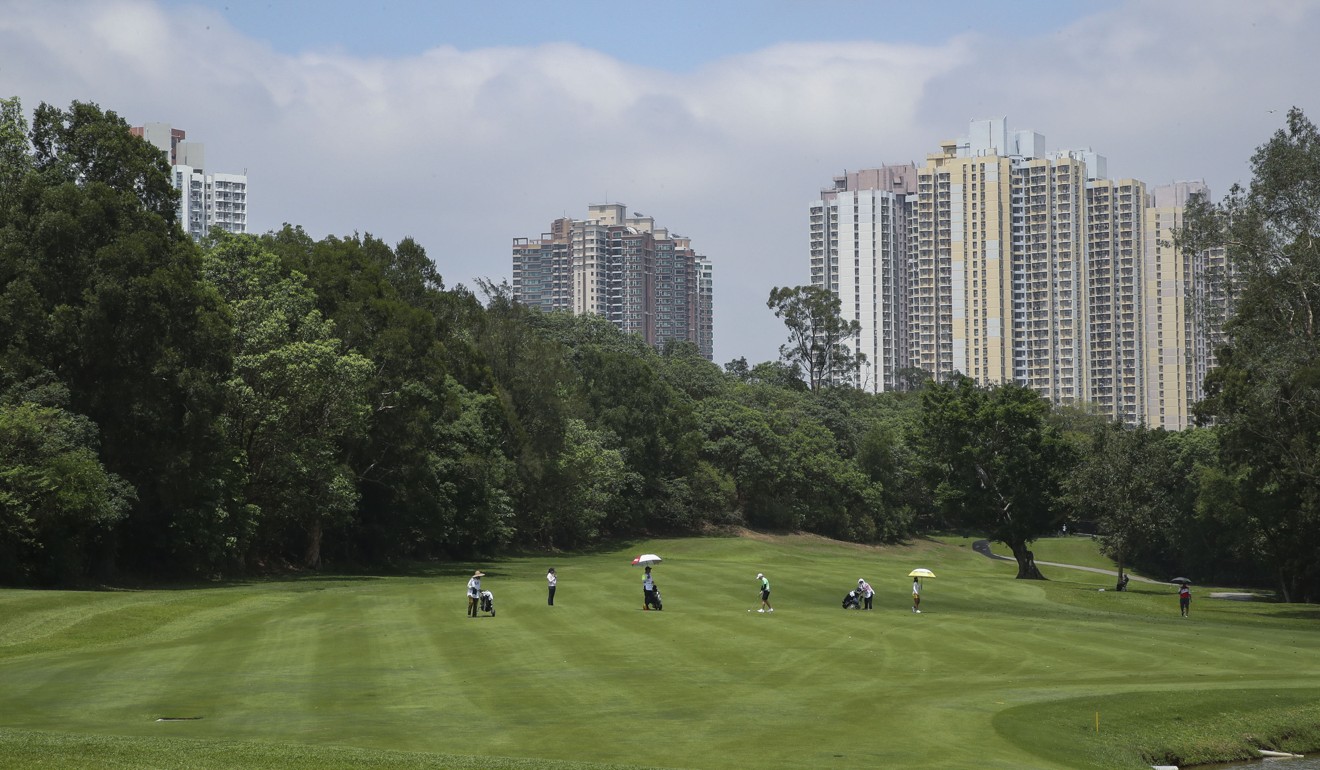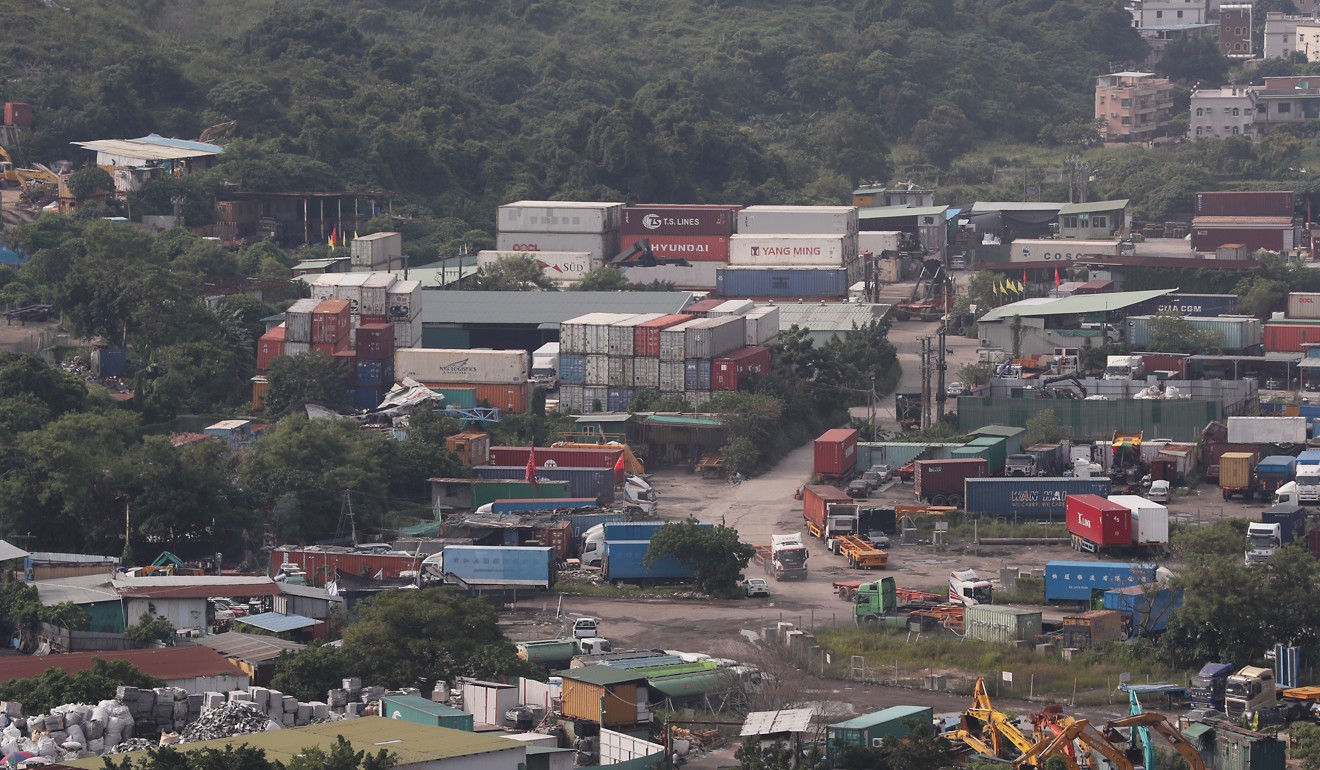
Under pressure to state land supply plan in coming policy address, Hong Kong leader Carrie Lam gets no help from task force
Midterm report from government-appointed panel will have no recommendations from public consultation as members wary of premature conclusions
Hong Kong’s leader is under pressure in her coming policy address to indicate the government’s stance on land supply, but a task force heading a public consultation on the matter is reluctant to steer her in any direction just yet.
A member of the task force told the Post that a midterm consultation report to Lam was likely to only list four or five land supply options that had generated the most public discussion. The report would also explain details behind the talks.
The member said the report – which would be short and in the format of a letter – would not specify the amount of support or opposition expressed for each option.
Lam’s policy address is set for October 10, and she has previously promised to deliver a plan on land supply by then, having urged the task force to submit a midterm report this month.
The five-month public consultation will end on Wednesday next week but a final analysis and report on public opinion would not be available until the end of the year or early next year.
The task force member said: “I believe the chief executive cannot quote the letter in her policy address to say what the public supports or opposes.”
‘About 300 hectares of government land underutilised or vacant’
As the report would not include any recommendations, the member said he hoped Lam would not present any solid policies in her address.
The comments came ahead of a meeting on Friday in which the task force will discuss the drafting of the report for Lam.
Under the consultation exercise, public views are being sought on the best ways to plug a shortage of 1,200 hectares of land for Hong Kong’s housing and economic needs over the next 30 years.

The four to five options likely to feature in the letter, according to the member, include developing some 760 hectares of unplanned brownfield sites or damaged agricultural land; reclamation; developing a 170-hectare golf course under the Hong Kong Golf Club in Fanling ; developing some 1,000 hectares of farmland held by private developers; and building public-sector housing in country park peripheries.
“I hope Lam can wait for our final report and discuss it with ministers and the Executive Council, before introducing her final policies,” the member said.
The city’s leader, her top advisers and many government officials have come out in vocal support of reclamation, one of the more controversial options, during the consultation.

Joseph Wong Wing-ping, former secretary for the civil service, said the task force’s unwillingness to endorse any options before Lam’s policy address would test Lam’s wording in her policy speech, because she would have to tread carefully.
Wong said she had to still give the public an impression of the general direction the government was taking on land supply, yet promise nothing concrete that would undermine the work of the task force.
Brownfield site use and reclamation ‘most popular’ land supply options
“It’s quite a test for the policy address,” Wong said. “She will have to determine how solid or vague her words will be.”
Latest Hong Kong land supply debate highlights changing views on reclamation
The task force’s final report will include analysis of a telephone survey among 3,000 randomly selected citizens, a third of whom would be interviewed on mobile phones. The survey is widely regarded to offer a better representation of public opinion – since samples are random – compared to a separate online poll.
The task force member said phone surveys were important for interpreting public opinion, but he would not put it above other forms of consultations such as online polls and public forums.

